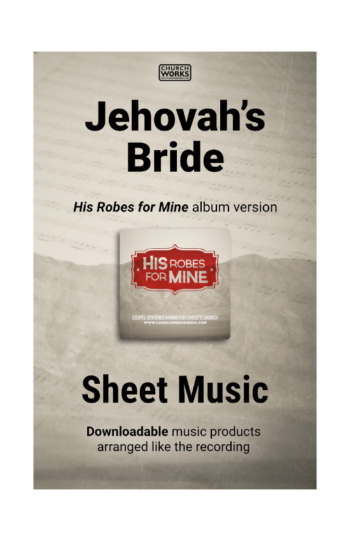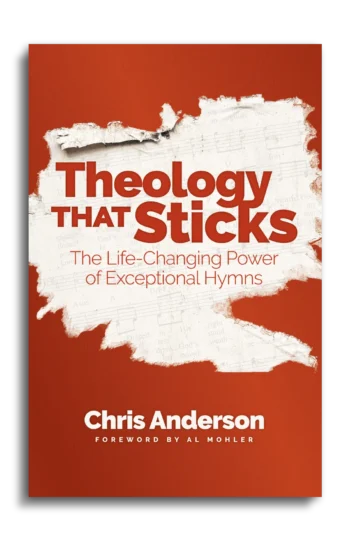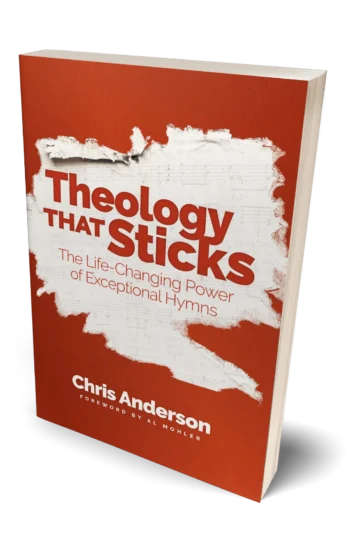Jehovah’s Bride [free song]
$0.00
Words by Chris Anderson; Music by Greg Habegger
© 2011 Church Works Worship (ASCAP) (adm at IntegratedRights.com). All rights reserved.
Please note: This is a free download. You can download the files after checkout with just your name and email.
Also available for this song:
- Choir & orchestra sheet music from our album His Robes for Mine available here.
- Need customizable sheet music or projection slides? Check our Worship Resources page for more help with your service planning!
❤️ If you benefit from our free products, please consider giving a donation. Thanks!
JEHOVAH’S BRIDE
Words by Chris Anderson; Music by Greg Habegger
Tune name: JEHOVAH’S BRIDE
We are His, Jehovah’s bride!
We are one with Heaven’s King.
Lifted to the Savior’s side,
With elation let us sing.
Who are we to wed the Lord—
To be held in His embrace?
Drawn by love’s descending cord,
We are His, a bride of grace.
We are His, a bride of grace.
We are His, a cherished bride,
Loved at such a lavish price—
Heaven’s justice satisfied,
Paid by Heaven’s sacrifice.
Who are we, to be adored
By the Lamb who took our place?
Held by love’s almighty cord,
We are His, a bride of grace.
We are His, a bride of grace.
We are His, a faithful bride,
And our hearts within us burn.
“Come Lord Jesus,” we have sighed;
For our Groom alone we yearn.
How we long for our reward—
To behold His lovely face.
Safe in love’s eternal cord,
We are His, a bride of grace.
We are His, a bride of grace.
© 2011 Church Works Worship (ASCAP) (adm at IntegratedRights.com). All rights reserved.
_______
DOCTRINAL NOTES
by Chris Anderson
Because God delights in worship that is biblical, thoughtful and fervent—what we often call intentional—please consider the following overview of the biblical texts and theological themes behind the hymn “Jehovah’s Bride”:
“Jehovah’s Bride” was written as a hymn rejoicing in the church’s union to the Lord Jesus Christ. It was written as a wedding gift for Jared Miller and Holly Barnett, wed on August 6, 2011 at Tri-County Bible Church in Madison, Ohio. They specifically requested a grand and timeless hymn that celebrates divine love for the church, not a piece focusing directly on the husband and wife. “Jehovah’s Bride” is the result. We hope it will be a useful piece for the entire church (regardless of age, gender, or marital status) for all times (not just special occasions).
Verse 1 introduces the joyful meditation on the church’s privileged position as the Bride of Christ. It uses the term “Jehovah’s bride” to highlight the theme that God’s people are granted this special calling and intimacy throughout the Old Testament (Isaiah 54:5-8; Ezekiel 16; Hosea), into the New Testament (John 3:29; Ephesians 5:22-33), and finally into eternity (Revelation 19:7; 21:9-14). This first verse marvels at the condescension of divine live. Thus, the cord which has drawn us to the Lord (an allusion borrowed from hymnody and Hosea 11:4) is a “descending” cord. We are, indeed, a bride of grace—exalted to Christ’s side in spite of ourselves.
Verse 2 extends the concepts of the first verse, highlighting that God’s love for the church is not only condescending and tender, but costly. Specifically, our exaltation (like every other aspect of our salvation) required Christ’s death in our place. This text, like most others CWM publishes, alludes to the doctrine of propitiation—that God’s wrath on sinner’s was satisfied by God’s sacrifice of His of His Son (1 John 2:1-2; 4:10).
Verse 3 anticipates the return of our Savior and Groom, the Lord Jesus. Jesus used marriage language to describe His temporary departure in John 14:1-6. He has gone to prepare a place for us, and He will certainly return (Matthew 9:15; 25:1-13). His glorious second coming is the church’s blessed hope (Titus:2:13), and our love for Christ and desire for His return motivates us to be a faithful, chaste bride (Ephesians 5:27; 2 Corinthians 11:2; James 4:4; 1 John 3:2-3). Like every bride, we long for our Groom’s return. “Come, Lord Jesus!” (Revelation 22:20)
| Included files: |
Full page hymn (with guitar chords) |
|---|
You may also like…


![JehovahsBride-song_free-cover Jehovah's Bride [free song] - Image 1](https://churchworksmedia.com/wp-content/uploads/2021/04/JehovahsBride-song_free-cover.png)
![Jehovahs Bride - thumbnail Jehovah's Bride [free song] - Image 2](https://churchworksmedia.com/wp-content/uploads/2017/01/Jehovahs-Bride-thumbnail.jpg)
![Jehovah's Bride [free song]](https://churchworksmedia.com/wp-content/uploads/2021/04/JehovahsBride-song_free-cover-150x232.png)
![Jehovah's Bride [free song] - Image 2](https://churchworksmedia.com/wp-content/uploads/2017/01/Jehovahs-Bride-thumbnail-150x194.jpg)





